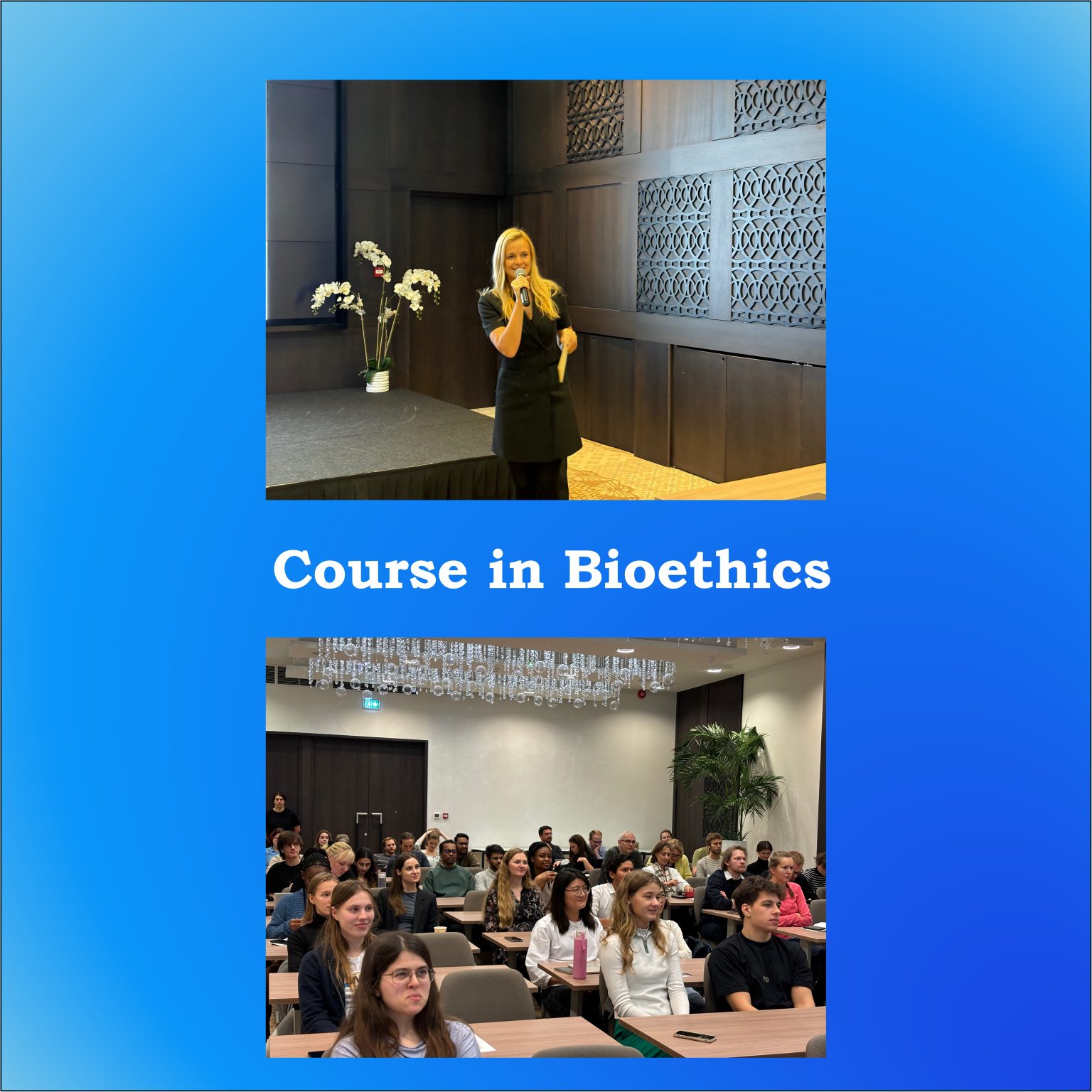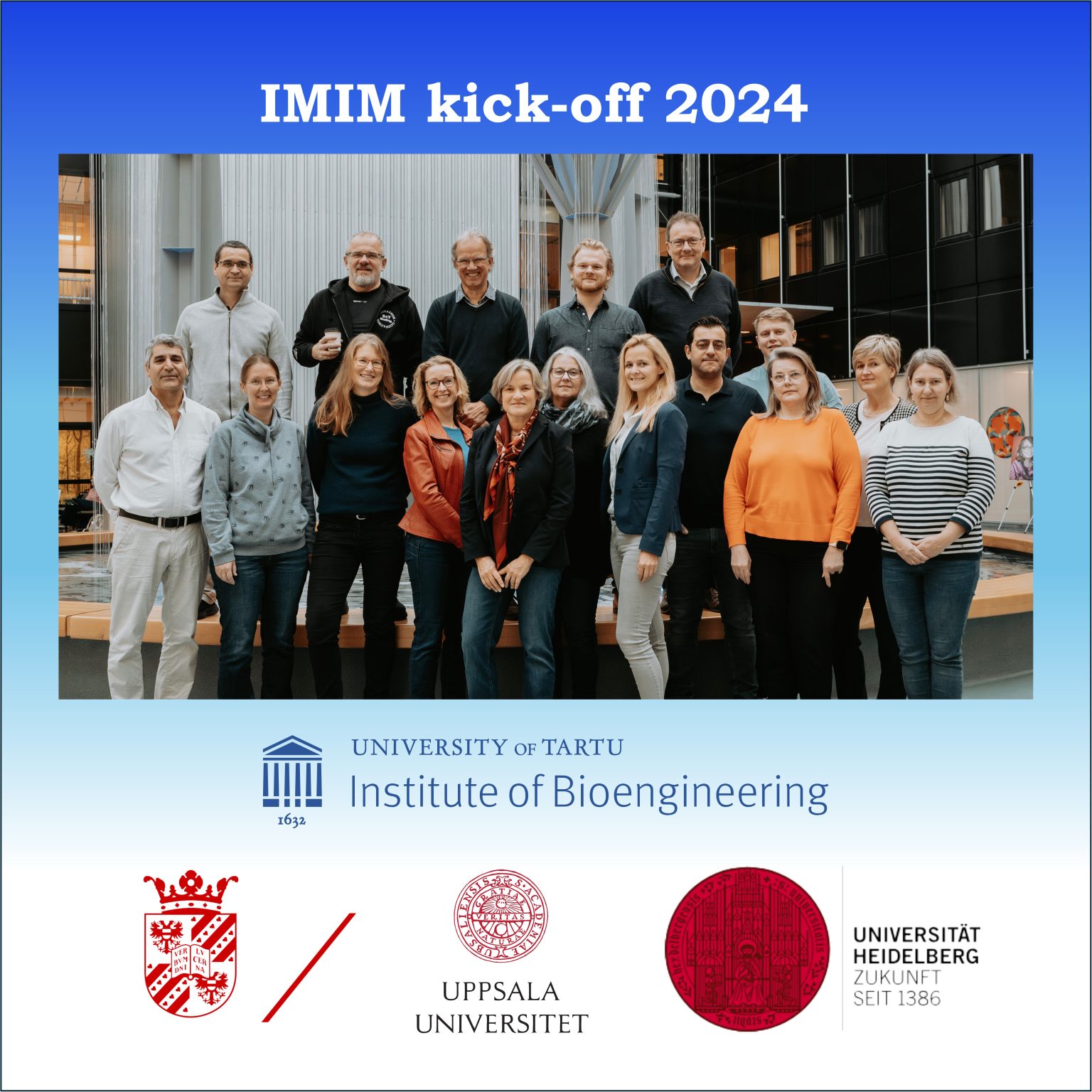
L O O G L A B
Protein kinase research group
Our focus areas
Explore a diverse range of services focused on delivering excellence and client success
Kinase signaling
circuits
We use both in vitro and in vivo quantitative approaches to study the logic of biological signaling via protein phosphorylation.

Multisite
phosphorylation
We investigate how kinase signals are processed in disordered proteins through multisite phosphorylation networks.

Synthetic
biology
We develop phosphorylation-based synthetic circuits and make first steps in yeast cell factory design.

News
Explore a collection of articles and expert perspectives
-

Prof. Mart Loog became the member of EMBO
Read more →: Prof. Mart Loog became the member of EMBOMolecular biologist Mart Loog has been elected as members of the European Molecular Biology Organization (EMBO). This is one of…
-

Course in Bioethics
Read more →: Course in BioethicsInstitute of Bioengineering together with the Tallinn University of Technology organized a 2-day course on Bioethics for university employees and…
-

IMIM Kick-off meeting in Groningen, Netherlands
Read more →: IMIM Kick-off meeting in Groningen, NetherlandsIn November, the kick-off meeting of the International Erasmus Mundus double degree master’s program International Master in Innovative Medicine (IMIM)…
